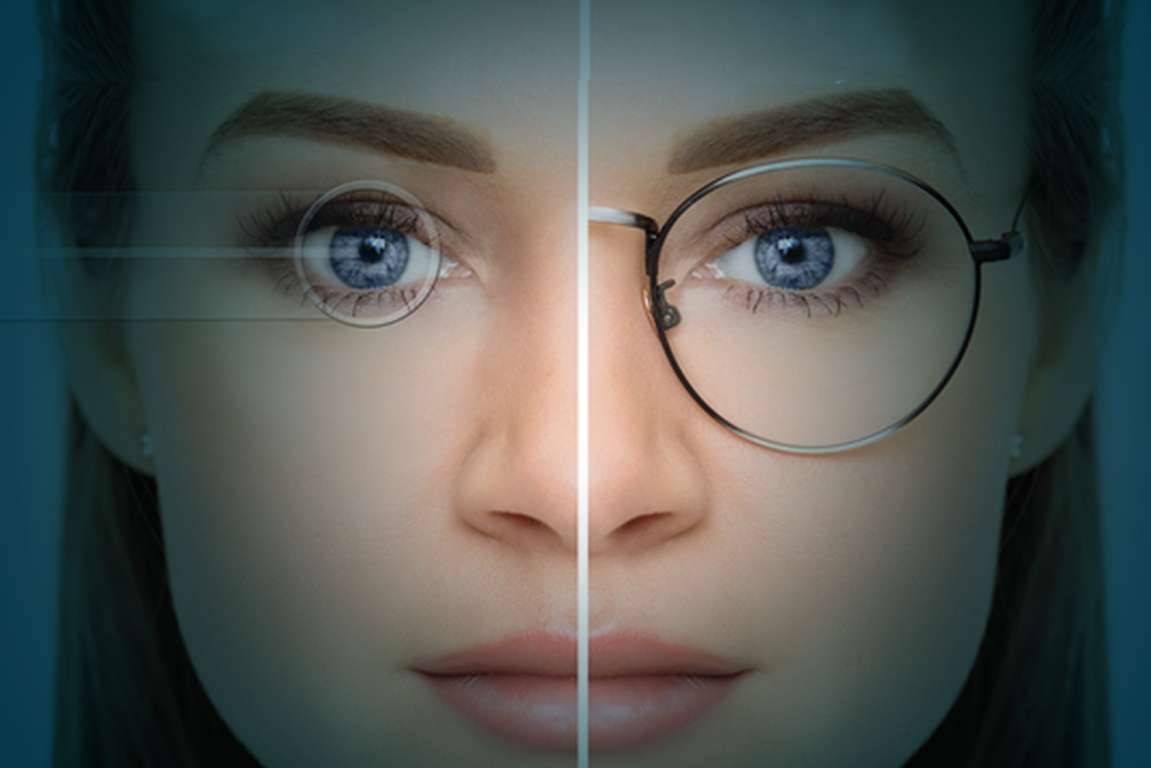
Refractive Lens Exchange (RLE)
For improved and better results, more people are choosing refractive lens exchange – RLE procedure now a days. Since the introduction of intraocular lenses – IOL, over 50 million IOL lenses have been implanted in patients around the world. Refractive lens exchange – RLE is almost similar to cataract surgery, but the reasons to perform this surgery are different. RLE is mostly recommended for patients who are not candidates for laser vision correction. RLE is also performed on the patients whose natural lenses are weak and have insufficient power to see a clear vision without the help of visual aids. One major difference between the two is that in RLE a transparent lens is replaced while in cataract surgery a cloudy natural lens is replaced.
Eye drops are used to dilate pupils before the Refractive Lens Exchange. This step may trigger light sensitivity and blurred vision. Following this, additional eye drops will be used to anesthetize the patient’s eyes.
The surgery itself consists of four easy steps:
- Step One
The surgeon creates a tiny incision in the eye, where the lens will be inserted.
- Step Two
The surgeon uses state-of-the-art ultrasound technology to remove the natural crystalline lens of the eye. Through this specialized and precise instrument, called a Phacoemulsifier, the natural lens is then removed.
- Step Three
The natural lens is replaced with a new foldable artificial lens.
- Step Four
The new lens unfolds and takes the place of the natural lens, for an easy and smooth transition. The procedure is completed, with no stitches required, allowing for a speedy self-healing process. The procedure generally takes less than 15 minutes per eye.
Please note that those who have had surgery will not be allowed to drive home following their procedure and must arrange for transportation ahead of time.
RLE can be used to correct nearsightedness (myopia), farsightedness (hyperopia), lens opacities and when special lenses are used, some astigmatism and presbyopia.
If you are interested to learn more about or to find out if you are a candidate for the refractive lens exchange procedures that we offer, book a free, no-obligation consultation today.
